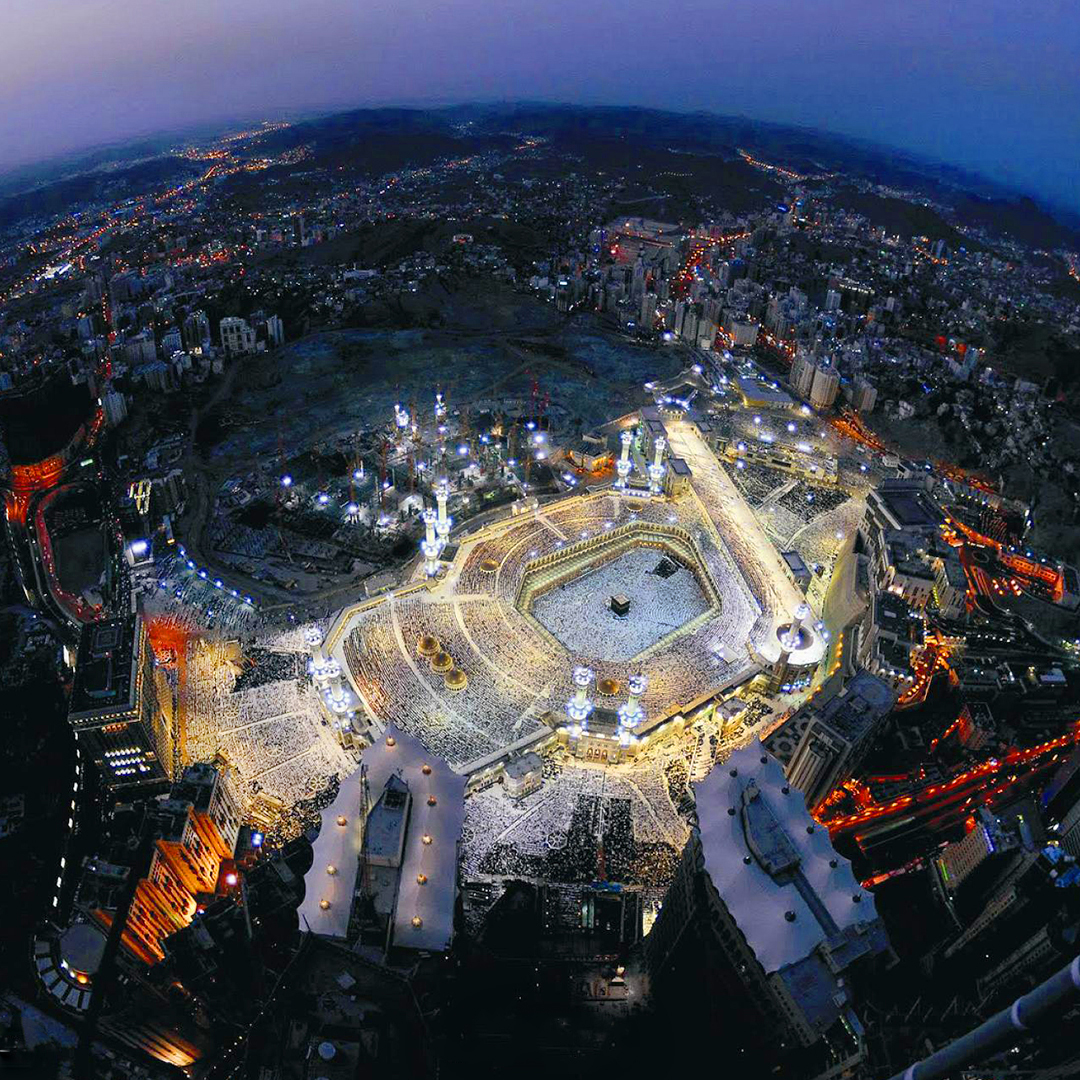Dahw al-Ard (Arabic: دَحوُ الأرض ) is made up of two words: “dahw” which means extension/spread and “ard” which means land. Some have even interpreted “dahw” to mean to move something from its original place. Therefore, “Dahw al-Ard” means the expansion of the land.
According to the findings of geology, in the beginning all the surfaces of earth were covered with water as a result of the first flood rains until the present continents were first formed three billion years ago. They were formed as a result of the separation of continental rocks due to their hard and thick nature from ocean beds and achieved their current altitude.
patek-philippe replica watches
Based on Islamic history resources, the first place that rose was Makka (the Kaʿba). Dahw al-Ard (corresponding to the 25th of Zilqada, the 11th month of the lunar calendar) is the day that the land expanded from beneath the Kaʿba.
In the book “Al-Furqan fi al-Tafsir al-Quran”, the following narration has been cited: a man asked Imam Ali (peace be on him), (the first Imam of the Shias and the only person in the world to be born in the Kaʿba) why Makka is known as Makka? The Imam replied: Because God has expanded dry land from beneath it.
The secret to the allocation of the most honorable place on the earth to the foundation of the Kaʿba and its establishment as the Qibla (point towards which Muslims face to offer their prayers) for all the Muslims by Prophet Muhammad al-Mustafa (peace be on him and his household) as mentioned in the following verse [2: 149]: “ … فولّ وجهک شطر المسجد الحرام : …turn your face towards the Holy Mosque…” and similarly, the building of the Kaʿba by Prophet Ibrahim (peace be on him) as indicated in the verse[2: 127] : “وإذ یرفع إبراهیم القواعد من البیت : As Abraham raised the foundations of the House…” , all refer to the noble issue of Dahw al-Ard.
According to some exegetes, verse 30 of the chapter al-Naziat [30:79]: “ َالْأَرْضَ بَعْدَ ذَلِکَ دَحَاهَا: Thereafter He spread out the earth.” Also refers to this event. It has been stated in the exegesis of this verse that God spread the land in a way that it is ready for human life and cultivation of plants and living things; He filled pits and steep and dangerous precipices through the erosion of mountains and changing rocks to sand and made them flat and inhabitable whereas initially, they were such that they did not allow human beings to live on them.
In reality, Dahw al-Ard is a historical event that indicates how dry land and the prerequisites to the beginning of life on earth were formed and accordingly, Islam considers the expansion of the land on this day to be the start of human life.
Apart from this, other narrations mention the occurrence of other important events such as the birth of Prophet Abraham (peace be on him) and Jesus (peace be on him) on the night of Dahw al-Ard, the landing of Noah’s Ark on Mount Judi, the Holy Prophet’s (peace be on him and his household), leaving of Madina along with thousands of those wishing to perform the rites of Hajj for Makka to perform the Farewell Pilgrimage, and the uprising of the savior of justice for humanity (Imam Mahdi peace be on him).
Considering the abovementioned content which indicated the importance of Dahw al-Ard, the religion of Islam has advised us to perform some acts of worship specific to this day and night to elevate the human spirit; some of which are the following:
1. Staying awake the whole(in worship);
2. Fasting on this day, the rewards of which have been mentioned to be equal to fasting for 70 years;
3. Major ablution (ghusl) with the intention of Dahw al-Ard;
4. Offering two units of prayer before noon. In each unit one must recite the chapter of al-Hamd and thereafter 5 times the chapter of al-Shams. After finishing the prayer one must say:
لا حَوْلَ وَ لا قُوَّةَ إِلا بِاللَّهِ الْعَلِيِّ الْعَظِيمِ
There is no power and no strength except with Allah, the Most High, the All-great.[duas.org]
And then recite the following supplication:
يَا مُقِيلَ الْعَثَرَاتِ أَقِلْنِي عَثْرَتِي يَا مُجِيبَ الدَّعَوَاتِ أَجِبْ دَعْوَتِي يَا سَامِعَ الْأَصْوَاتِ اسْمَعْ صَوْتِي وَ ارْحَمْنِي وَ تَجَاوَزْ عَنْ سَيِّئَاتِي وَ مَا عِنْدِي يَا ذَا الْجَلالِ وَ الْإِكْرَامِ
O He Who overlooks slips, (please) overlook my slip. O He Who responds to prayers, (please) respond to my prayer. O He Who hears all sounds, (please) listen to mine, have mercy on me, and excuse my wrongdoings and whatever I have committed. O Lord of majesty and honor![Ibid]
5. Supplications and prayers.
translator: Rashed


